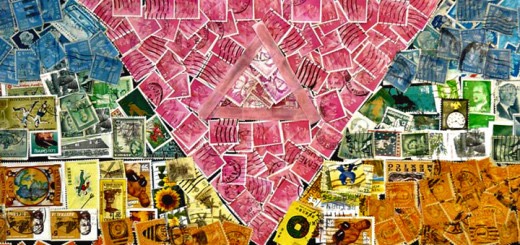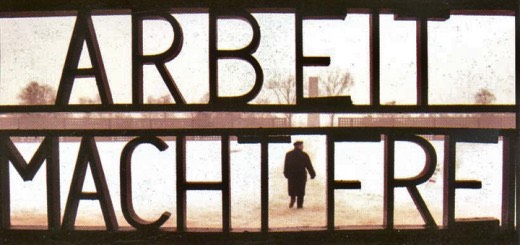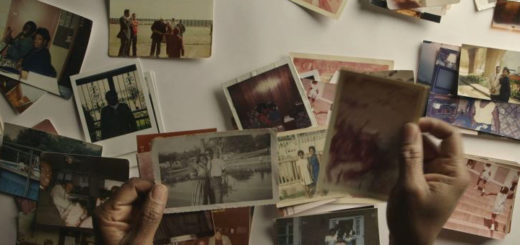Men or guinea pigs. The medical experiments of the Nazis on homosexuals
Text published by the French homosexual association Les "Oublié (e) s" de la mémoire on 17 July 2009, freely translated by Dino
The homosexuals were the favorite guinea pigs by the Nazis for scientific experiments on the study of malaria, cheering, female sterilization and also of castration. "Injecting synthetic hormones into the right groin, an inversion of the individual's trends should have obtained. SS doctors did not stop joke about this. Vernaet in the same way made experiments on castrated men" (Eugène Kogon)
"These experiments have consequently had the death of numerous prisoners, without however having any scientific value. Often doctors and laboratory technicians did not even know how to proceed. They did not dose the treatments and did not even control the purity of the drugs administered". (Richard Plant).
“They promise that all the homosexuals that will be castrated will quickly be freed for good conduct. Some deportees with the pink triangle have believed to the word of Himmler and to get out of the mortal close of the concentration camps they made them castrated.
But, despite their good conduct, of which the only judges were the blocks and the heads of the fields, if they could get out of the concentration camps, it was not to return to their home, but to be sent to Russia between the troops of the disciplinary division Dirlewanger to die as heroes for Hitler and Himmler, in the butcher of the guerrilla ". (Heinz Heger).
.
Damn doctors. Song taken from Christian Bernadac, Les Médecins Maudits, Cap IX, pp 97-99
The Romanian Prince Georgiu R. had hundreds of tattoos on his body. More than an illustrated table, a great erotic exposure. "Each scene has been splashed on the spot, in all the ports of the old and the new world, I saw the drawings myself". Kommander never met this unique collection, the Romanian prince was interned in Dachau by order of Himmler. His homosexual love ties in national-socialist environments caused the head of the head of the Reich.
Himmler, we saw him, had wanted to save the prostitutes from their ruin but at the same time targeted the deportees who on their stroke uniform brought the pink triangle of infamy. He brought together the inspection of the fields and made them this statement: "I no longer want to see roses in the fields". And he told them the story of the Romanian prince, documenting everything with medical dossiers.
Himmler had sent the prince to Dachau as he thought that "hard work and the painful conditions of existence in a concentration camp would have contributed to his rapid healing" (Rudolf Hoass, so the Auschwitz commander speaks, Julliard, 1959).
The prince, influential character of Monaco, certainly could not be treated like a Jewish vulgar. The commander then meets him in person to receive him: "Do you want to go and take a shower?". The prince bursts into sobs. Evidently he does not want his "living album" to venerate. The doctor examines him and draws up his relationship to Himmler. "The place of this man, who confesses himself to 'feel since the adolescence of the immoderate sexual desires that cannot satisfy' is not in a concentration camp, but in a nursing home."
Waiting for Himmler's decision, he is glued to his bed. The next day he collapses when you want to push a cart. He will die two days later ... of boredom.
Himmler meditates for a long time on this case, makes Dachau intervene several doctors, university professors, requires relationships on relationships. And, given that all specialists say that "it is a disease that does not heal", Himmler decides to take the matter in his hand.
"The head of the Reich organized in Ravensbruck of the 'healing stages'. A number of homosexuals who had not given definitive evidence of their renunciation of the vice, were called to work together with some girls and were kept under close observation.
The girls had been given the order to approach these men and, without giving it to understand, exercise their sexual attractions on them.
Those who had truly improved (due to the internship, harassment and threats) took advantage of the occasion without being prayed, instead the incurable did not gratify women even of a look.
If these showed themselves too provocative, they moved away with disgust and horror. " (Rudolf Hoass, commander of Auschwitz, Julliard, 1959)
The internship ended with one last test: the healing were left alone in the presence of the sick. If they yielded (to the homosexual call), everything had to be started again. Himmler called these stages "a half bankruptcy" and sought a more radical solution. He found it in the person of a Danish commander of the SS, Dr. Vernaet, who had invented an infallible method to heal homosexuality.
He asked for the "respectful" authorization to make this experimentation in a field, "having heard that experiments were made in those places". Himmler took the opportunity on the fly and opened the gates of Buchenwald. Dr. Vernaet selected fifteen guinea pigs, "desperately" inverted, and they asked Dr. Horn, a prisoner, to explain to them what would happen to them ...
"They were very frightened, they trembled like leaves. I said they were a male hormone that would be implanted in their body and that it would not be dangerous." Dr. Vernaet, like Rascher, wanted to gain his preparation and proposed to Himmler: "We could sell abroad to the black market this invention to obtain advantages. We could promise it to spies in exchange for useful information." (Declaration by Dr. PoppeNick, Nuremberg)
Himmler shrugged and gave him the advice to experience his hormones before "making daydreams". The "Vernaet Pila" was to be implanted in the groin or under the skin of patients. Of the fifteen subjected to the intervention, two died and no one "healed" ...
.
Sources consulted:
Eugen Kogon, Der ss-stat. Das System Der Deutschen Konzentractionslager (SS, the German concentration camp system), report commissioned by the allies and used to the Nuremberg process, ed. Alber, München, 1946 (rebuilt in 1995), 407 pages
Heinz Heger, Les Hommes au triangle rose. Journal of a déporté homosexuel 1939-1945 (men with pink triangle, diary of a homosexual deportee 1939-1945), ed. H&O, 2006, 160 pages
Christian Bernadac, Les Médecins Maudits, and. France Empire, 1969, 288 pages
Original text: Les Expérmerimentations "Médicles"






